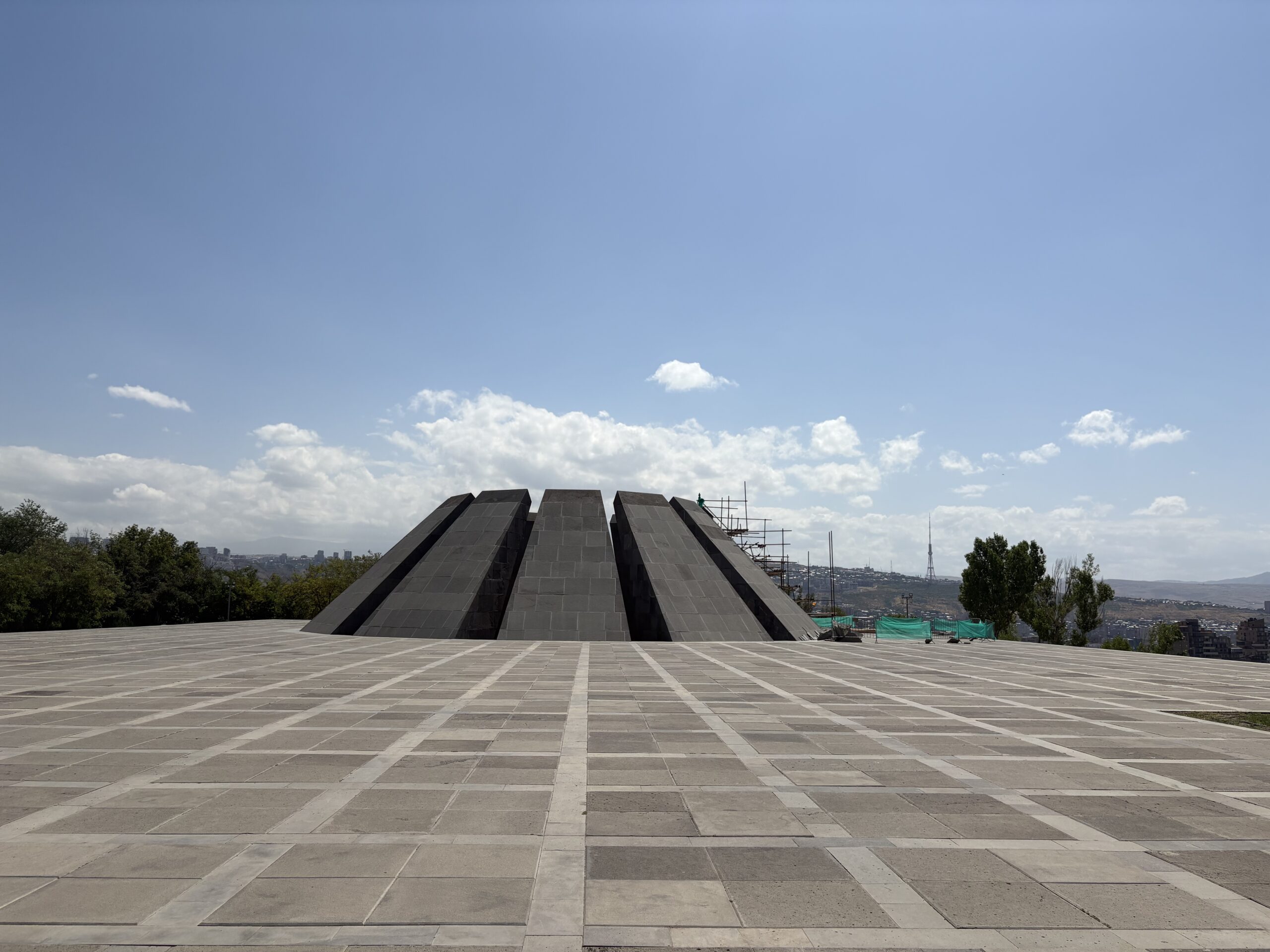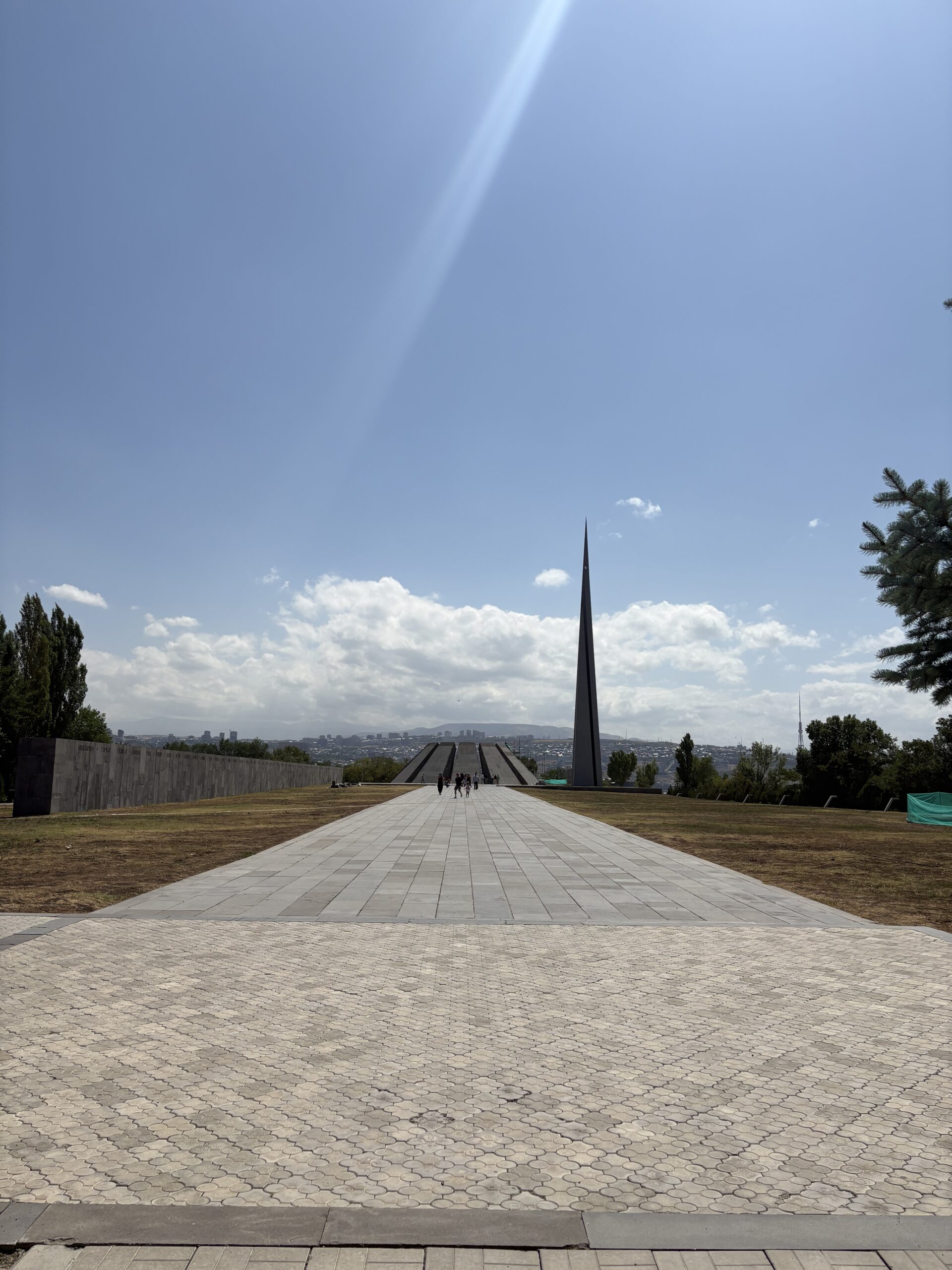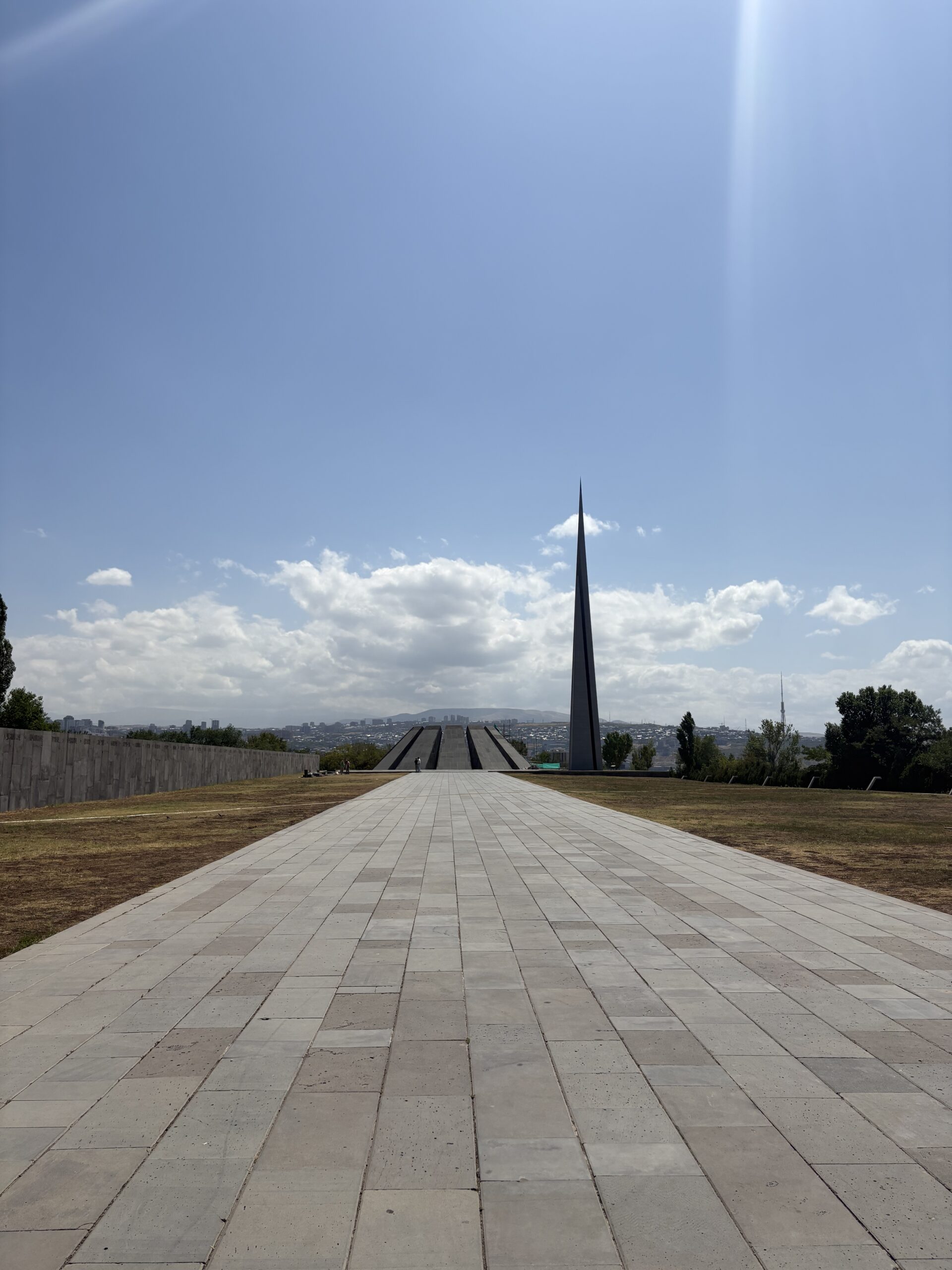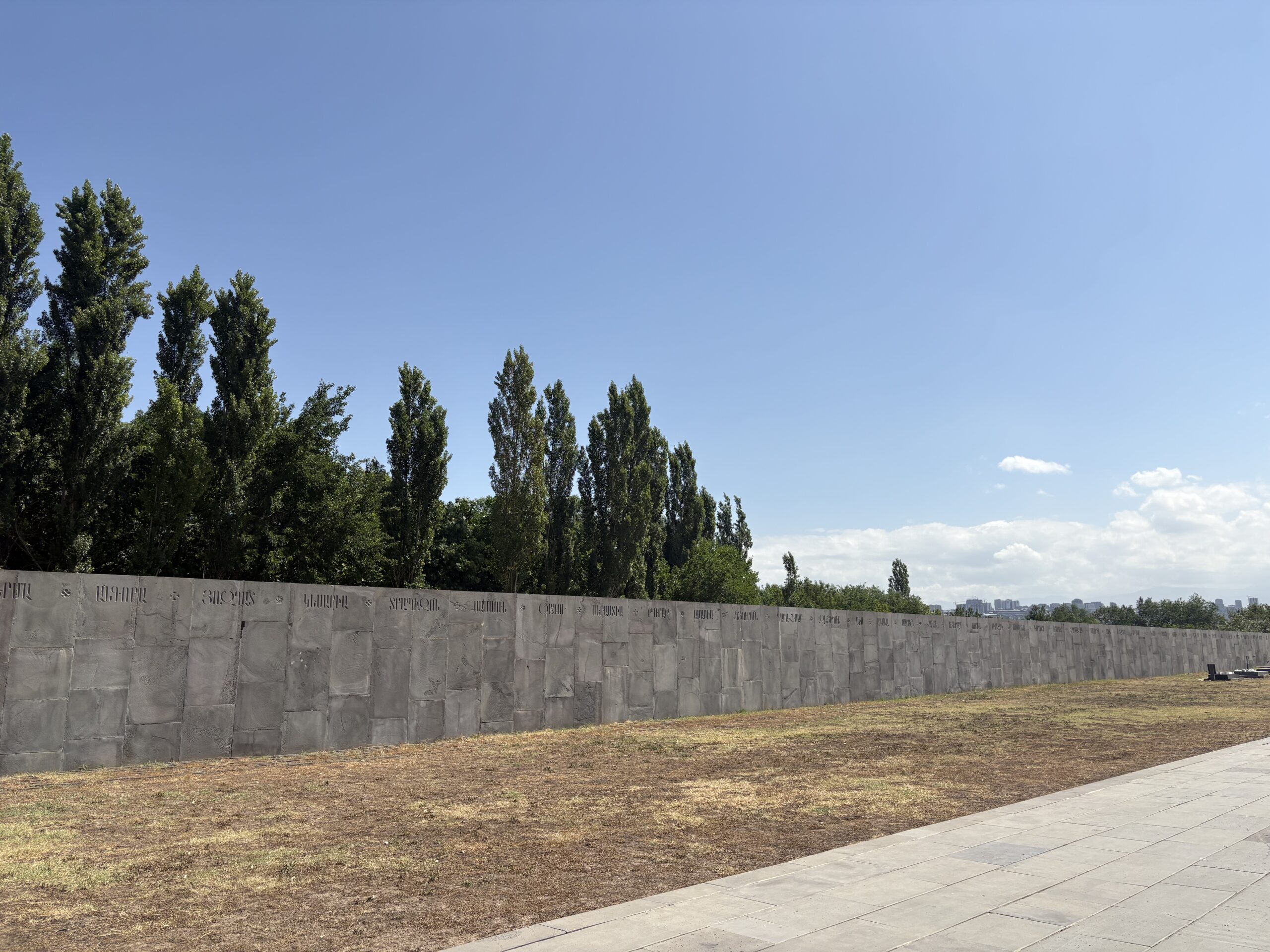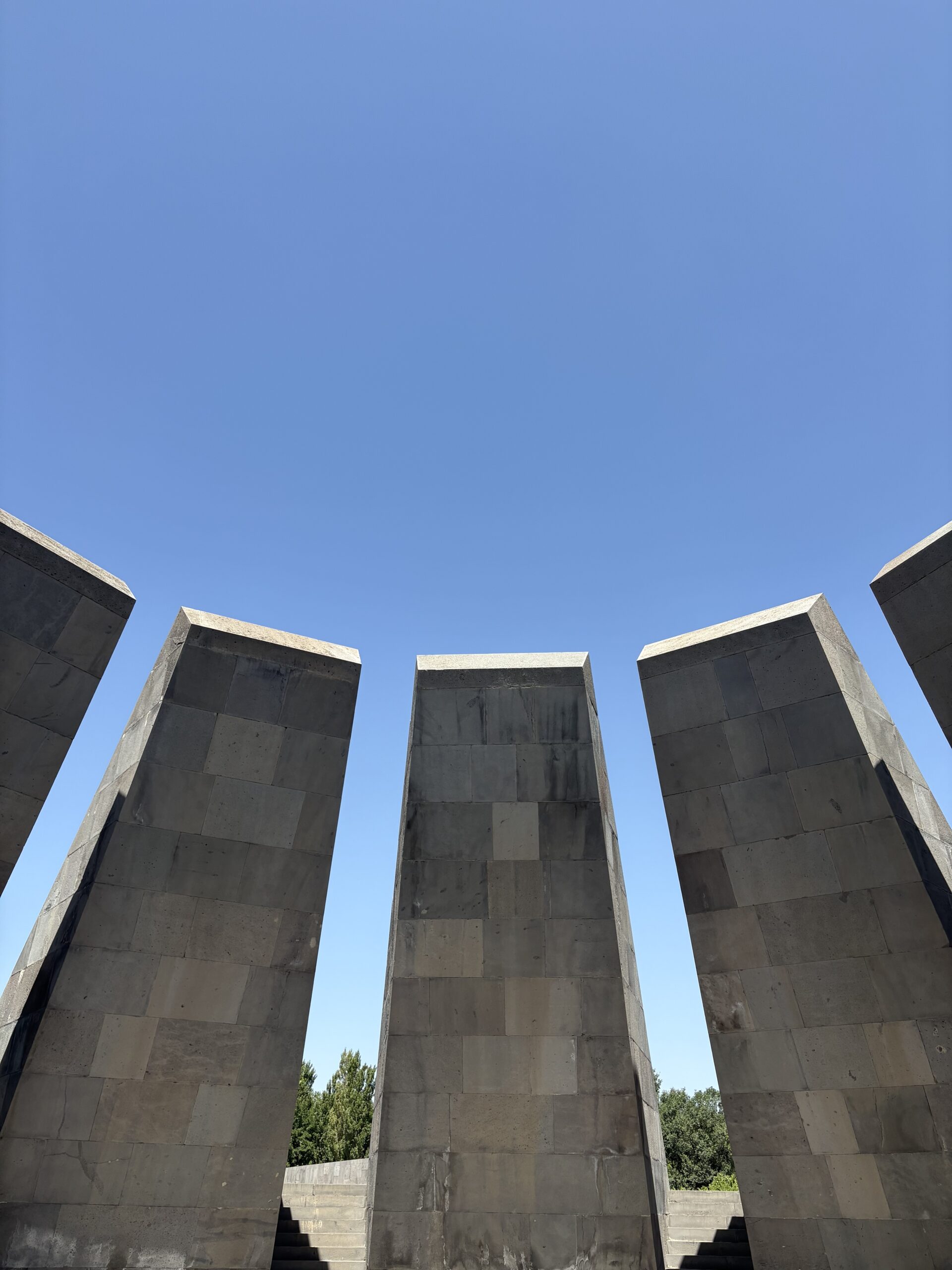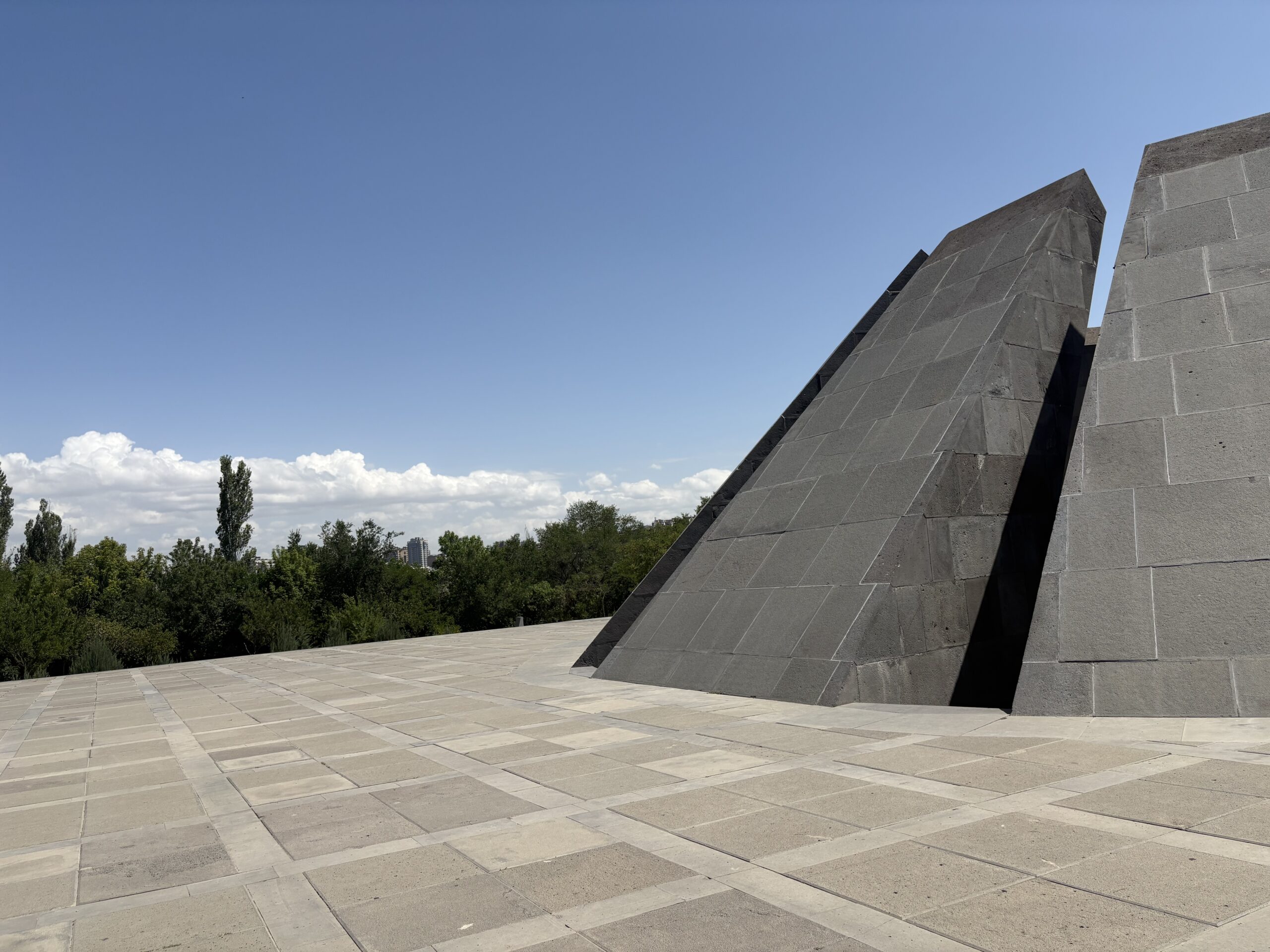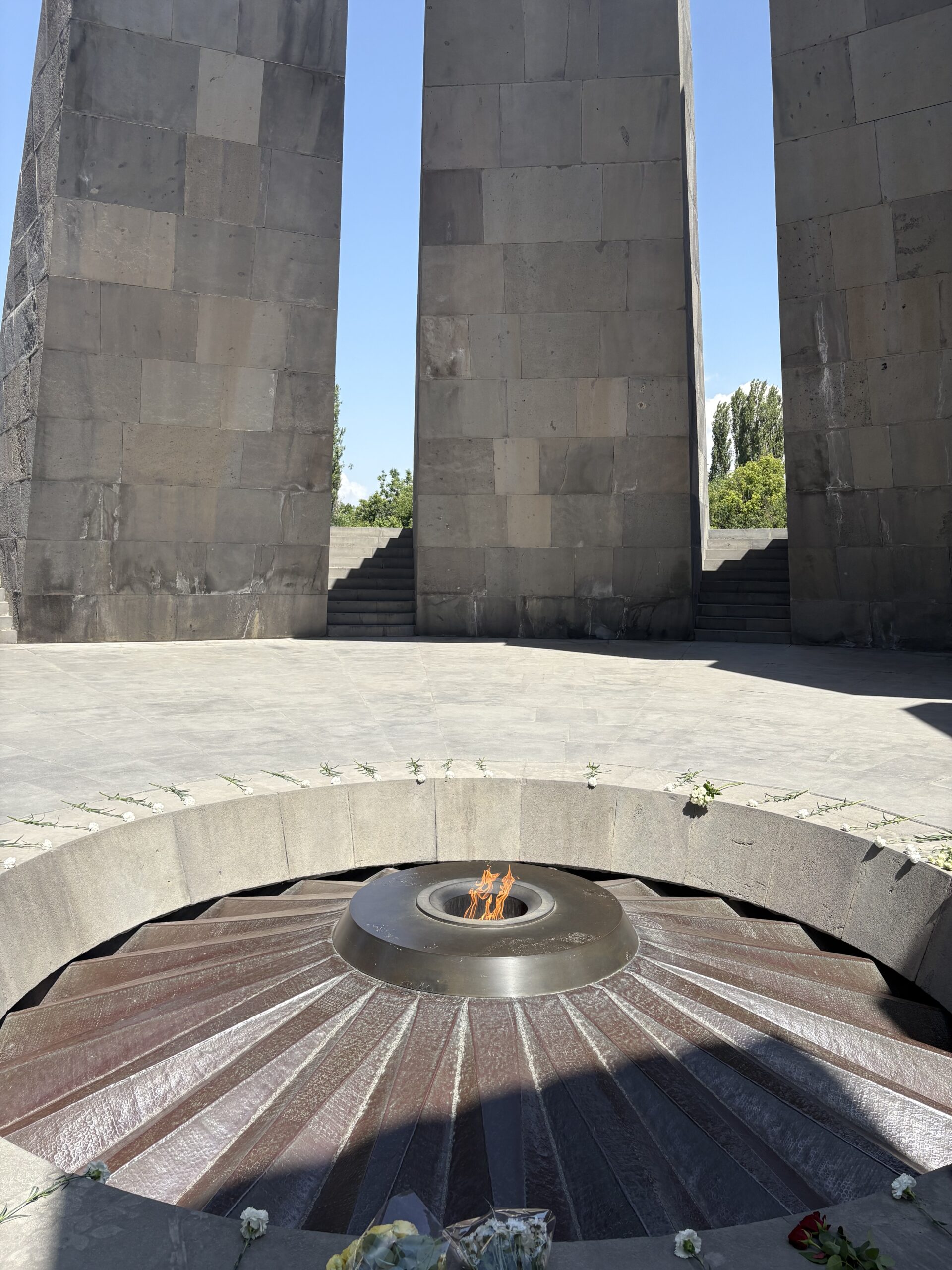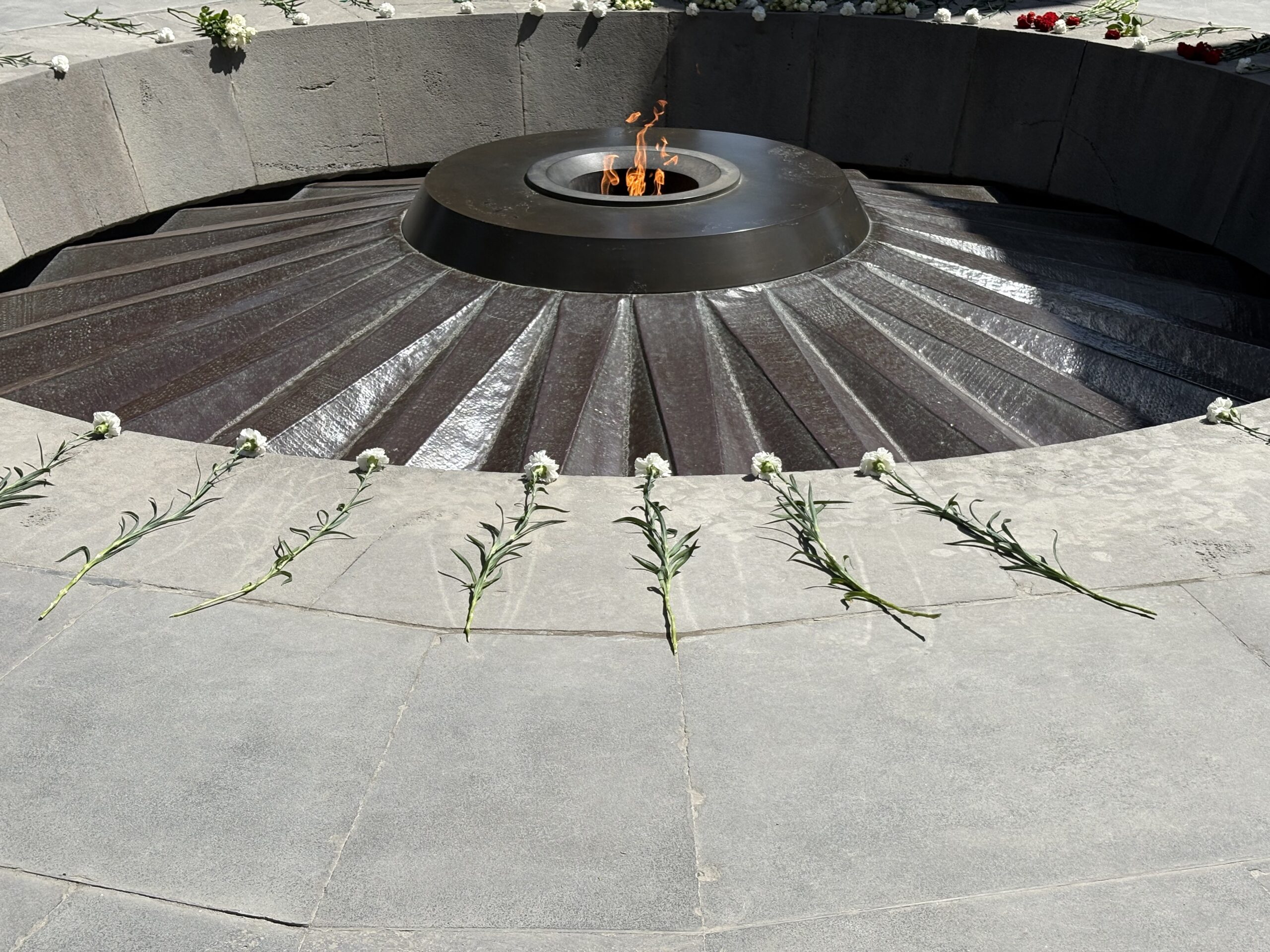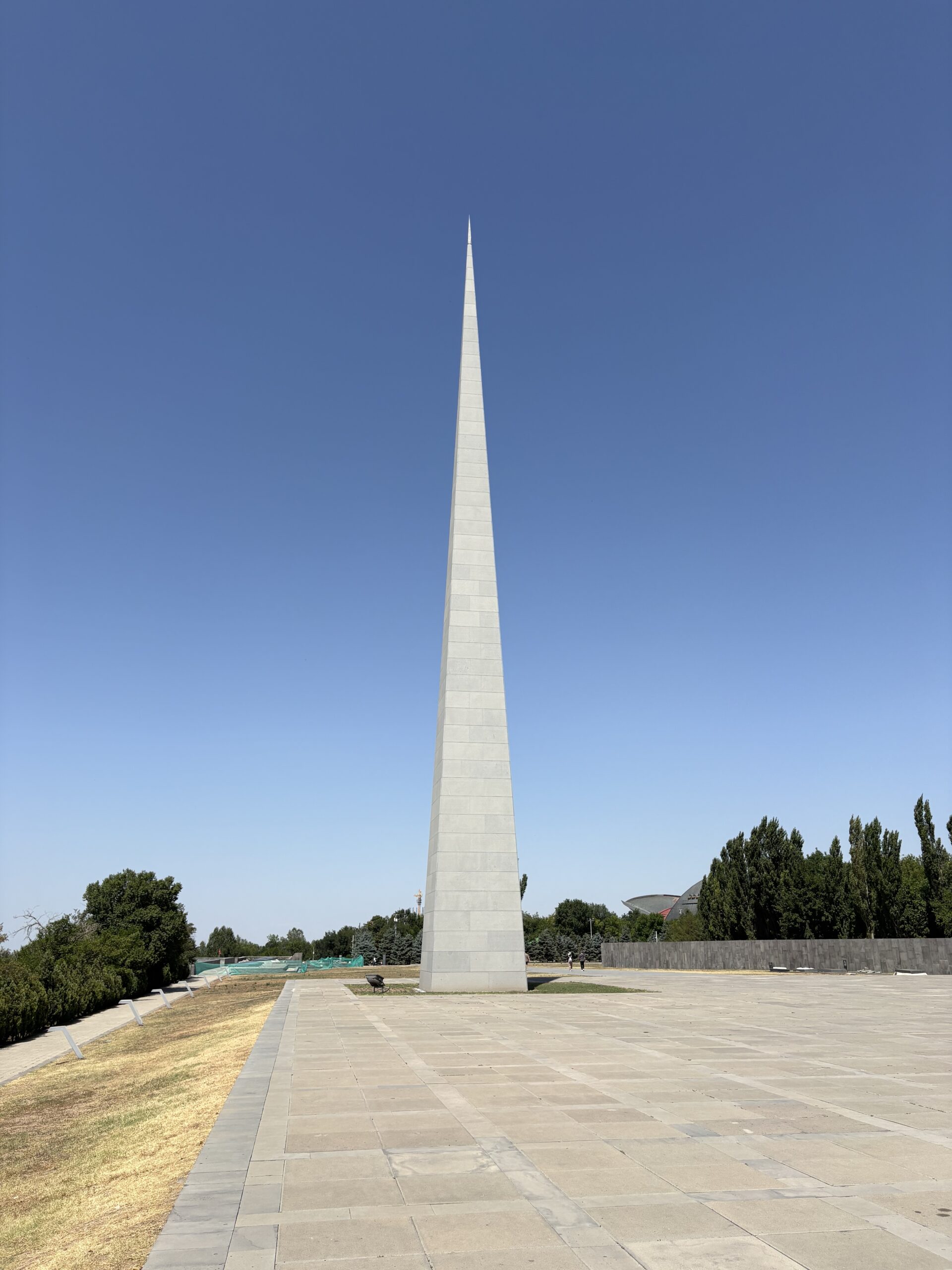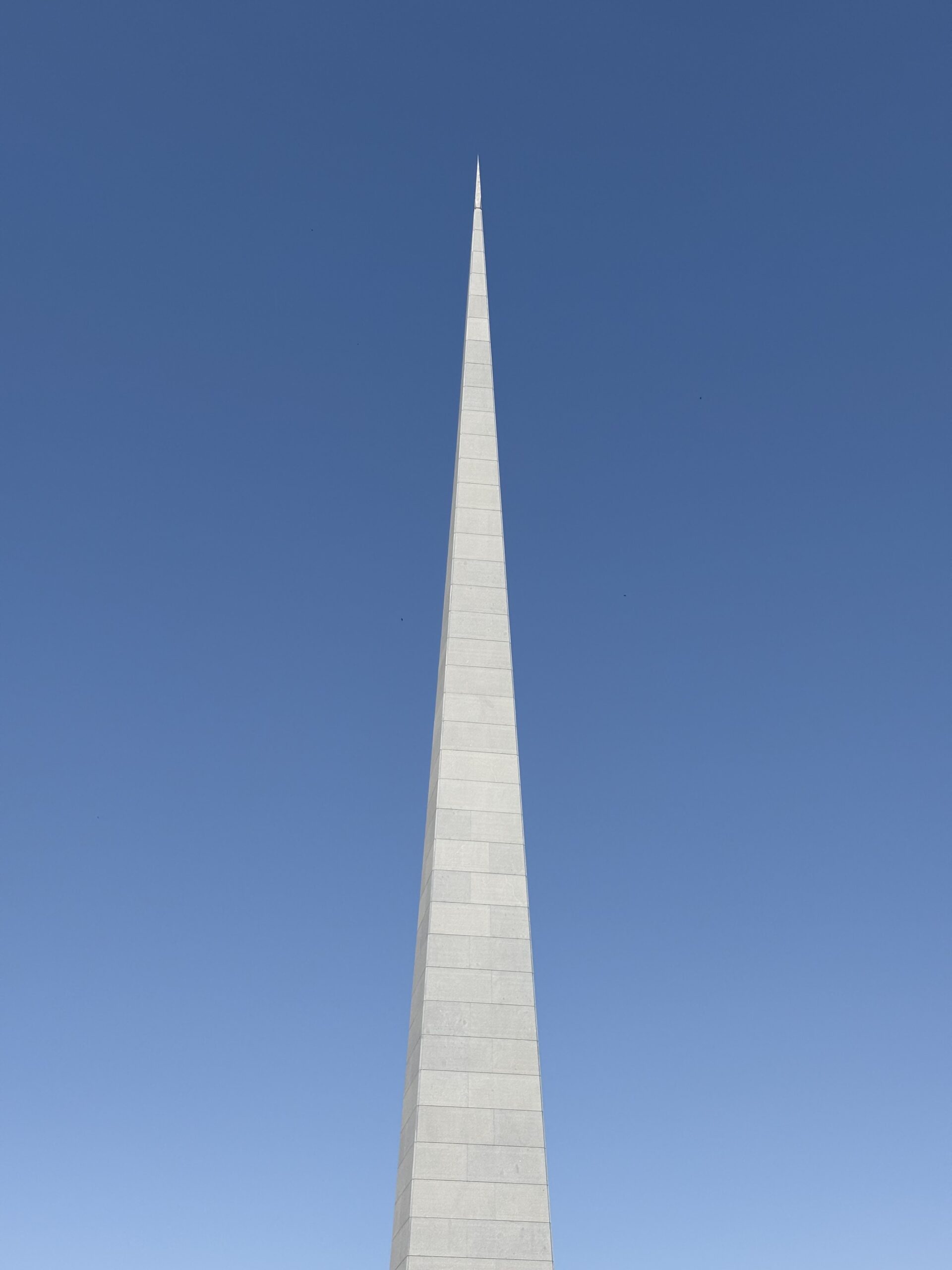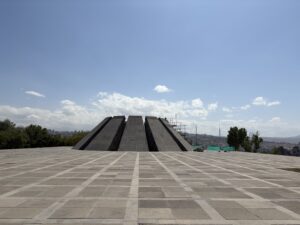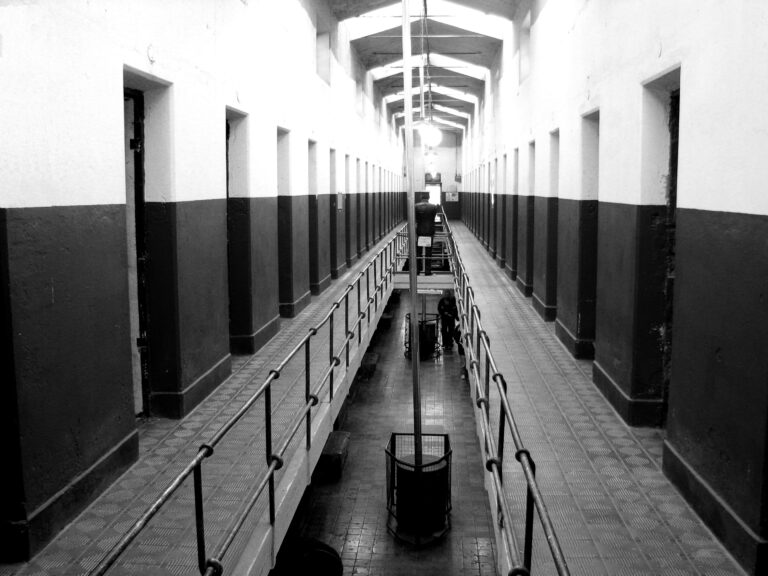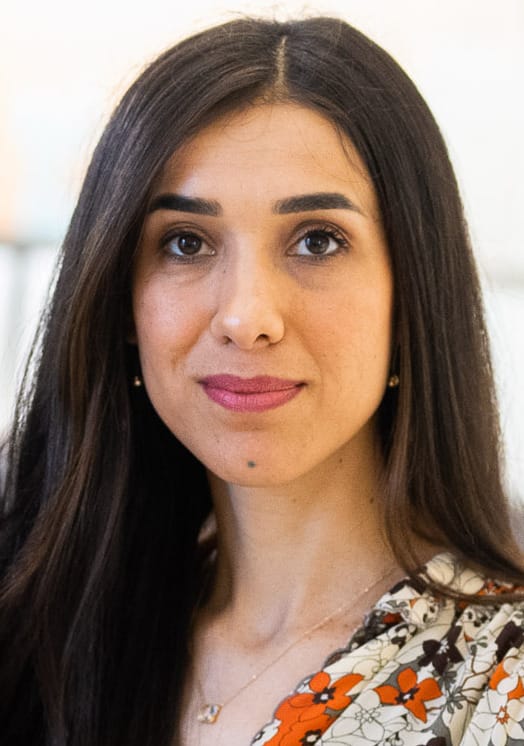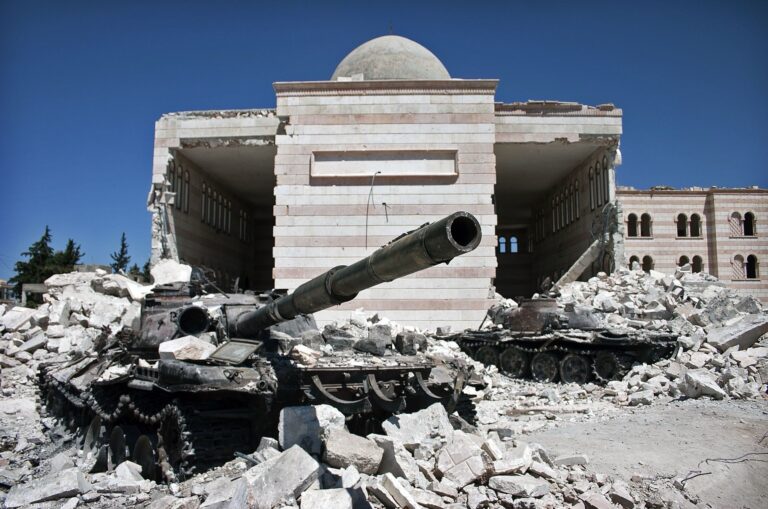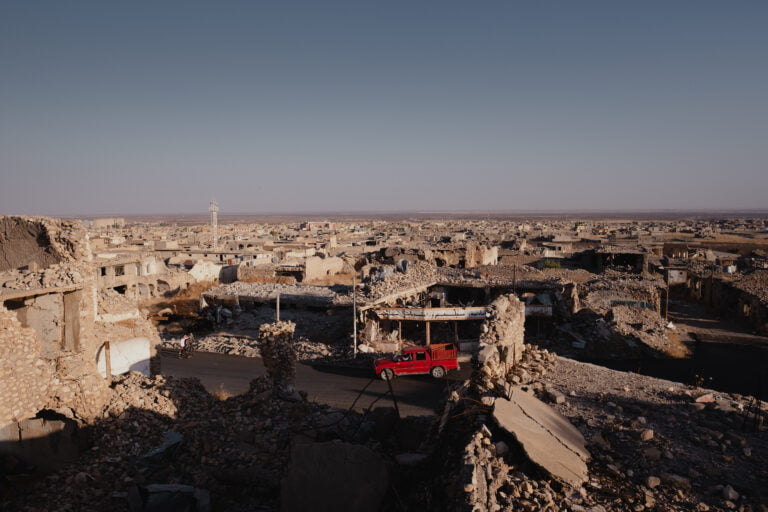Human history is, unfortunately, filled with horror and the unnecessary pain and sorrow of innocent people. Even though the term “genocide” is a modern name for the crime of genocide, the crime has been following human history like an inseparable curse. What is more, it is hard not to confess that many of the modern-day states have built their foundations by committing genocide.
On a quiet hill in Yerevan stands Tsitsernakaberd, the Armenian Genocide Memorial, where stone and flame keep alive the memory of over a million and half lives extinguished in 1915. Its twelve solemn slabs encircle an eternal flame, symbolising both mourning and the rebirth of a people who refused to vanish. Tsitsernakaberd reminds the world that forgetting invites repetition — a truth the Ezidi people know all too well. As I stood among its silent walls, I felt the weight of all unhealed wounds, the cries of those abandoned to history, and the call to honour them not just with flowers, but with justice.
All photos © Ezidi Times.
This year, 3rd August, will mark the 11th year since the Ezidis in Iraq were targeted by the terrorist organisation ISIS and subjected to acts of genocide. Although 11 years have passed, many Ezidis still live in the aftereffects of the 2014 genocide and are not able to move beyond what has happened. The reasons for this are several. Perhaps the strongest reason is the fact that the international community has done very little to protect and help the Ezidis. Many live in IDP camps, finding themselves trapped in the dirty political games of Arabs, Kurds, and Turks — unable to go back home and also unable to rebuild a safe future somewhere new. While the so-called “kurdish authorities” claim to be helping and protecting the Ezidis living in IDP camps, the truth is that they only need the Ezidi votes. By keeping the Ezidis in the territory which they control, they are able to secure the 200,000 Ezidi votes during elections. If the Ezidis return to the Iraqi-controlled area of Sinjar, those votes would instead be credited to the Iraqi authorities. Any arguments claiming otherwise can be shut down by the fact that, otherwise, all those Ezidis living in camps would have been provided with proper housing and not left to live under tents all year round — even after 11 years.
Another issue is the fact that the Iraqi government, which claims to be an independent and sovereign state, has betrayed its citizens: first by not protecting them from the ISIS terrorist groups, and second by choosing to fill their pockets with money — totally disregarding their obligation to allocate resources to the Ezidis. If Iraq wants to survive as a state, it has to fulfil its obligation to protect its citizens — all citizens — regardless of whether they are Arabs, Muslims, or something else. Because if Iraq continues to base its statehood on discriminatory criteria as it has done so far, then in a decade or two Iraq will cease to exist and it will be divided among other powers who manage to control and protect all its citizens.
As we near the 11th commemoration day of the 2014 Ezidi genocide, we cannot avoid touching on the topic of other genocides that have been committed and how humanity has not learned from its past mistakes. After each genocide, we hear things like “Never Forget” and “Never Again”, yet we find ourselves in a desperate situation in which minorities and indigenous peoples are being massacred by newly established barbaric powers.
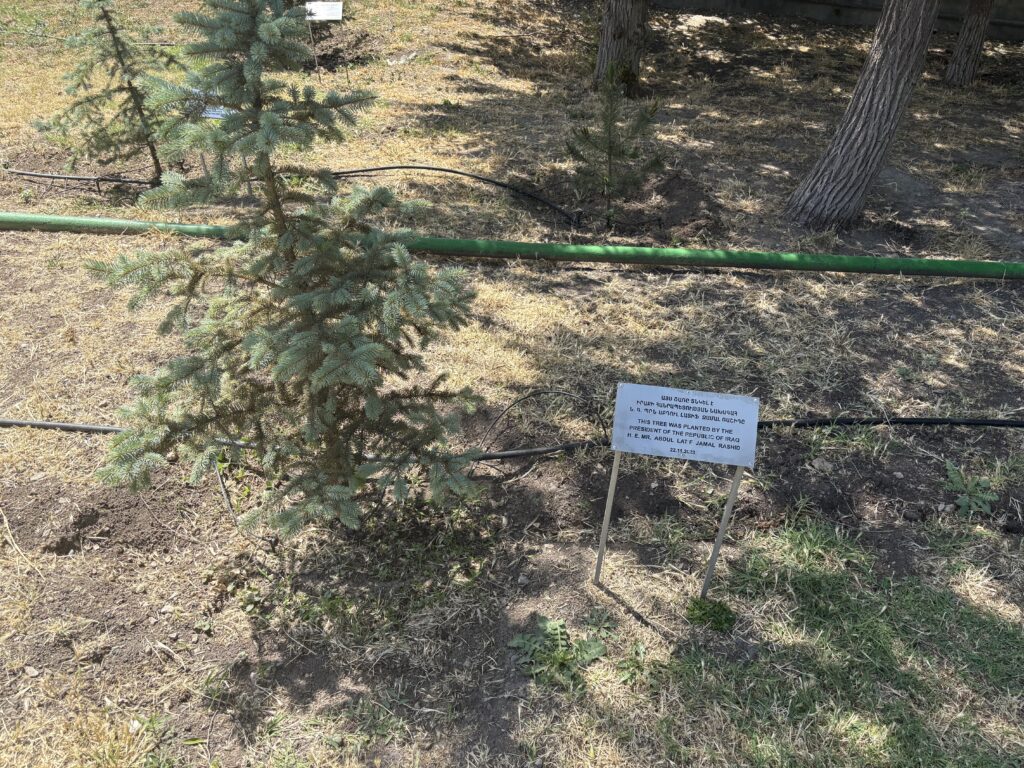
On 22 November 2023, the President of the Republic of Iraq, H.E. Mr. Abdul Latif Jamal Rashid, planted a tree at the Tsitsernakaberd memorial — a gesture intended to honour the memory of the Armenians who perished in the genocide of 1915. Yet the irony is striking: the very state he represents failed to protect the Ezidi people from genocide in 2014 and continues to fail them even today. Such symbolic acts, however well-intentioned, often serve as blindfolds over the eyes of victims and survivors — ceremonial gestures that obscure rather than confront the ongoing neglect, displacement, and injustice suffered by those who remain. Trees may grow, and memorial stones may endure, but until states like Iraq take real responsibility for protecting all of their citizens — Ezidis included — these gestures ring hollow.
How many more genocide memorials will humanity have to build before we reach the end?
